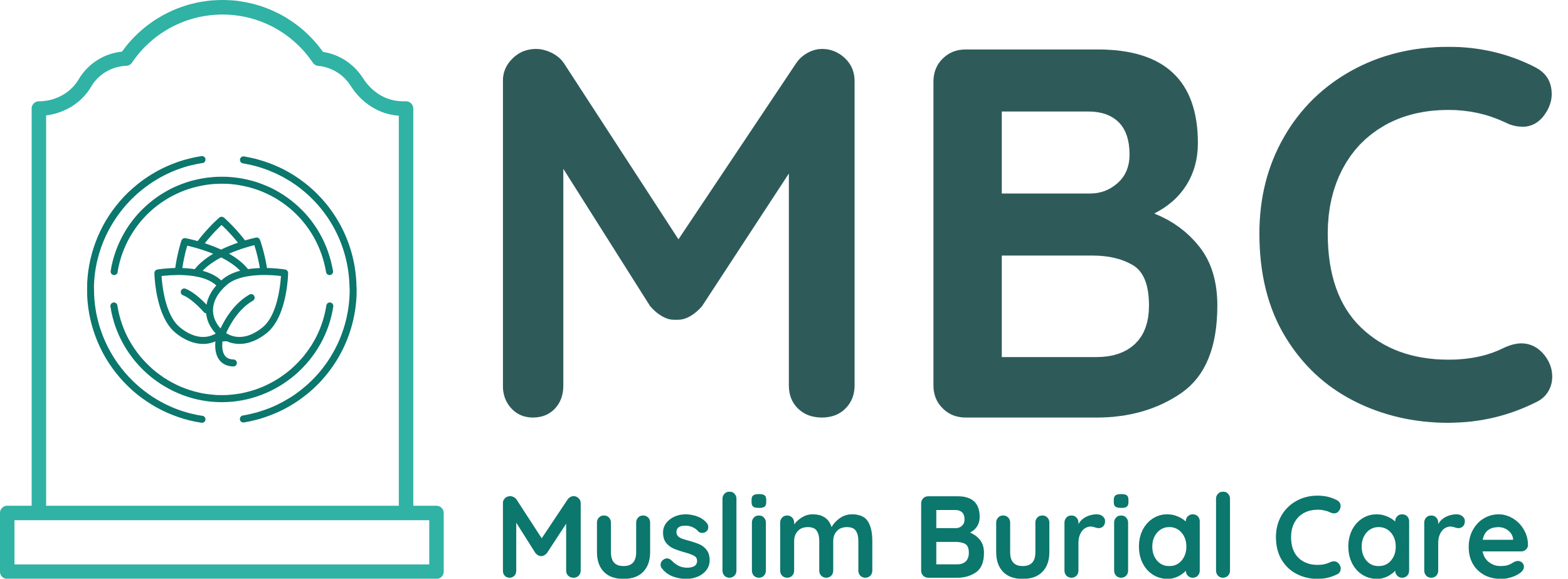When someone dies, what you need to do immediately will depend on how and where the person died. In most cases, the first thing you will need to do is call the deceased’s GP. They should be able to issue a Medical Certificate of Cause of Death. The following information will explain what you need to do immediately.
At Home
When someone dies at home, there are a number of things to consider depending on how they passed and whether the death was expected or unexpected. If they died during the day or at night, there are different steps to take.
Expected
When the death is expected, the next steps vary slightly depending on the time of day.
If your loved one died during the day, and the death was anticipated, for example, from a terminal illness, you will need to contact their GP or the NHS helpline (dial 111) as soon as possible.
If your loved one passed away at night, you should still call the NHS helpline (dial 111) and they will advise you on what to do next. You can wait until the morning before contacting their GP.
In both instances, if you are not the next of kin or a close relative, you should ensure they’re notified immediately.
If the cause of death is known, the doctor will issue a Medical Certificate of Cause of Death, allowing you to register the death. You should also contact Muslim Burial Care immediately to arrange for us to bring your loved one into our care.
Unexpected
If the death was unexpected, you must call the Police and Ambulance services immediately by dialling 999. The operator will provide instructions on what you need to do next.
At Hospital
If a loved one passes away in hospital, the next of kin or closest family members will be informed immediately.
A doctor at the hospital will usually issue a Medical Certificate if the cause of death is known. If the cause of death is unknown, the hospital will seek permission from the family to do a post mortem.
If the doctor is unsure about the actual cause of death, they will contact the coroner. The coroner may order a post mortem examination or inquest to determine the cause of death and then issue the documents allowing the death to be registered.
If a loved one has died in hospital, they will be kept in the hospital mortuary until you can arrange for your chosen funeral director.
If your loved one is being collected by a funeral director, they will liaise with the hospital directly to ensure safe transport of the deceased.
At a Care Home
If your loved one passes away in a care home, the staff will follow protocols in what to do and keep family involved every step of the way
If the family are not present during the time of death, the care home staff will notify you as soon as possible.
The death will need to be verified by a medical practitioner and the GP notified so that they can certify the death. If the death was expected or the GP has seen your loved one in the last 14 days, the doctor will issue a Medical Certificate of Cause of Death, allowing you to register the death.
If the death is sudden, the doctor or care home staff will contact the coroner. The coroner may order a post mortem examination or inquest to determine the cause of death and then issue the documents allowing the death to be registered.
Sudden Death
Coming to terms with a loved one’s death can be difficult, but when someone you love passes away suddenly and unexpectedly this can make the situation even more emotionally challenging.
Sudden deaths occur unexpectedly. These may include accidents, natural causes or illnesses. The shock of a loved one passing away unexpectedly can extend the grieving process for the family. Muslim Burial Care can help and support you through the next steps.
If you witness someone die suddenly, you should immediately call a doctor or 999.
If the cause of death is unknown, it is important you leave the surrounding area untouched and allow the professionals to carry out their job. It is the responsibility of the professionals to contact the GP and inform him/her of the sudden death.
If the doctor is unsure about the cause of death, they will contact the coroner who may order a post mortem examination or inquest
If a post-mortem is required, the coroner will keep the family informed during their investigation and of the outcome

